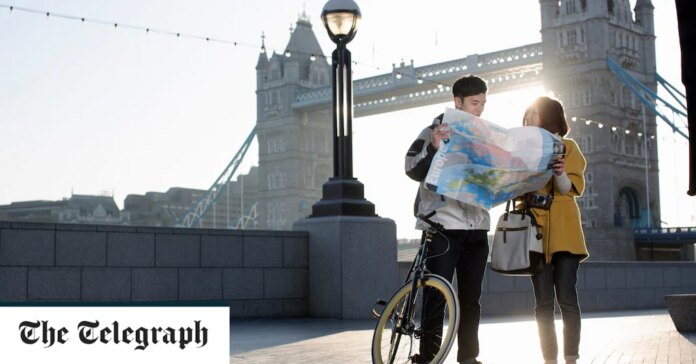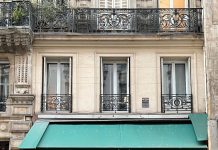The residents of Beijing, Shanghai and Guangzhou did not always go on such big adventures. Between 1949 and 1974, China was completely shut off from the rest of the world. Things began to change when Deng Xiaoping picked up the reins that fell to the floor with the death of Mao Zedong in 1976, instigating a series of careful reforms which turned the Chinese gaze a little less inward. This made for the novel experience of Europeans and Americans coming in to peer at the walls of the Forbidden City, but it also meant planes going in the opposite direction.
First there was caution, then there was a rush. In the Eighties, foreign travel was still a niche concept, but by the Nineties it was no longer strange fruit, let alone forbidden. It was a coveted luxury for the wealthy, and was increasingly seen as essential by a burgeoning middle class with disposable income to burn. By the Noughties, Chinese tourists were a regular sight in Paris, London and Rome.
British appeal
Britain has certainly been a popular destination. In 2005, Chinese tourists made 95,000 visits to the UK. This figure passed 800,000 for the first time in 2017, and reached 883,000 in 2019. Without Covid’s sudden intervention, it is feasible that the one-million watermark would have been reached by now.
The vast majority of those tourists will have made a stop in London – bee-lining for the gates of Buckingham Palace, which has long topped the Chinese to-see list. A sizeable proportion will have continued to Bicester Village, the clear second favourite. Though founded in 1995, before the boom, this kilometre-long strip of boutiques has established itself as an unmissable component of any Chinese holiday on British soil.
For the most part, this has been a matter of clever marketing – Bicester Village positions itself not as a discount mall (even though, with prices of up to 70 per cent off the retail figure, this is effectively the case), but as a luxury shopping destination.
The European fashion brands on offer here – the likes of Armani, Balenciaga, Fendi, Gucci, Prada, Swarovski and Versace – are highly coveted in China. And while they are not impossible to find in Beijing and Shanghai, their availability at lower prices, and on a tax-free basis, has made Bicester Village irresistible. It is fully aware of this. Prior to the pandemic, it employed 150 Mandarin speakers to assist shoppers with their purchases.










